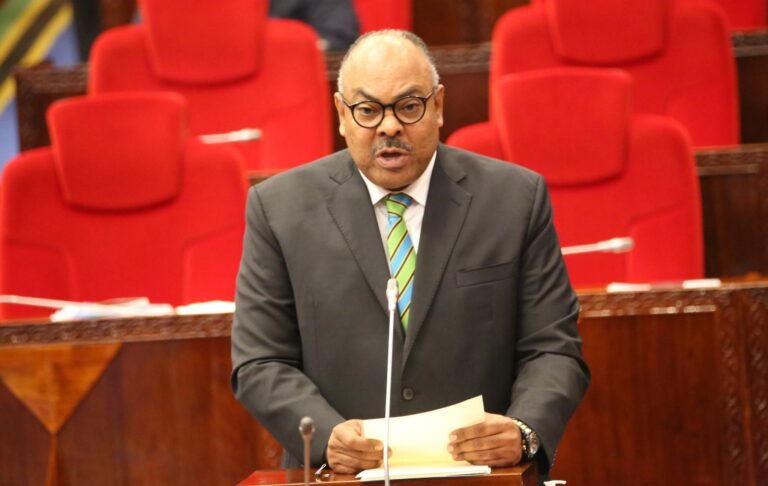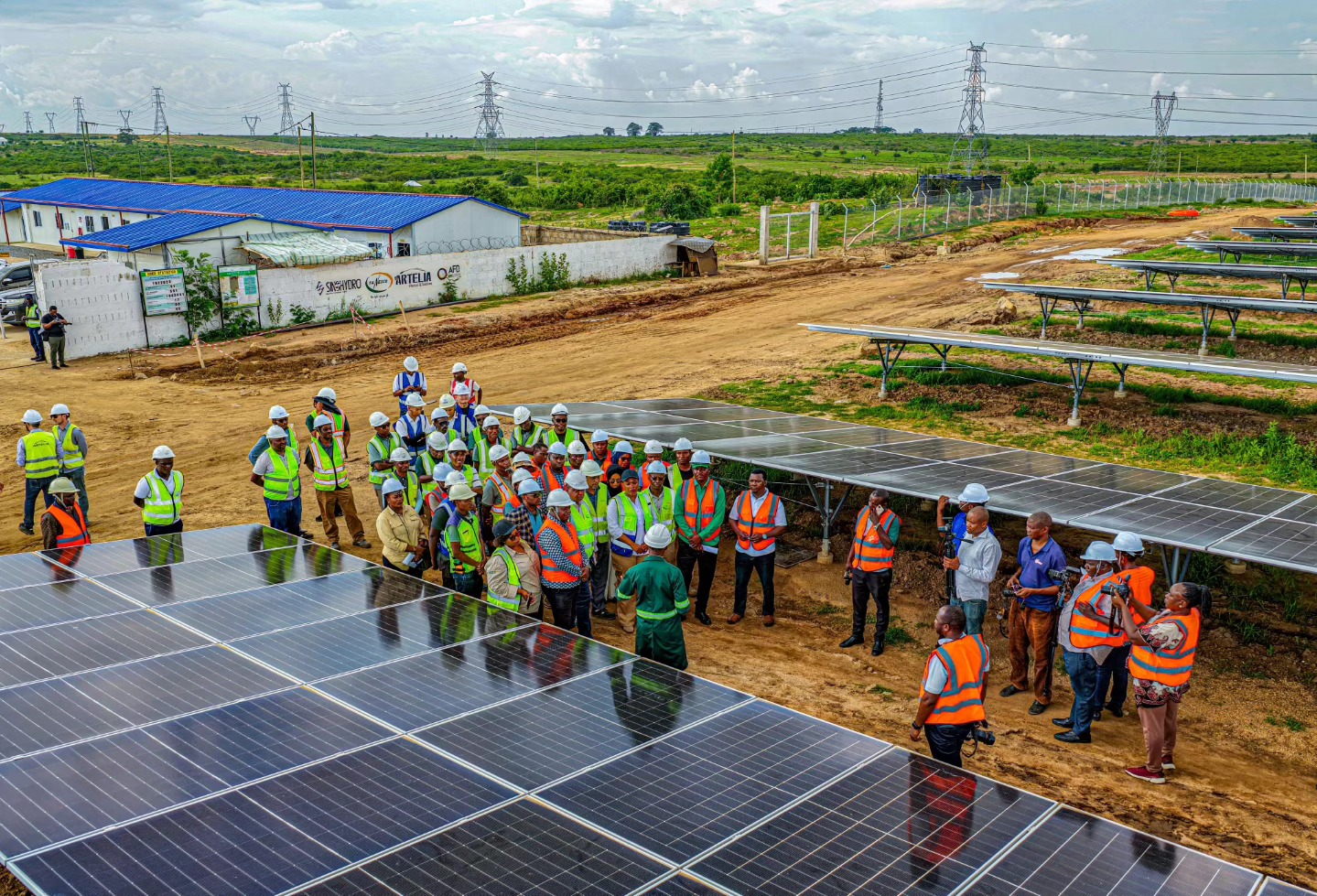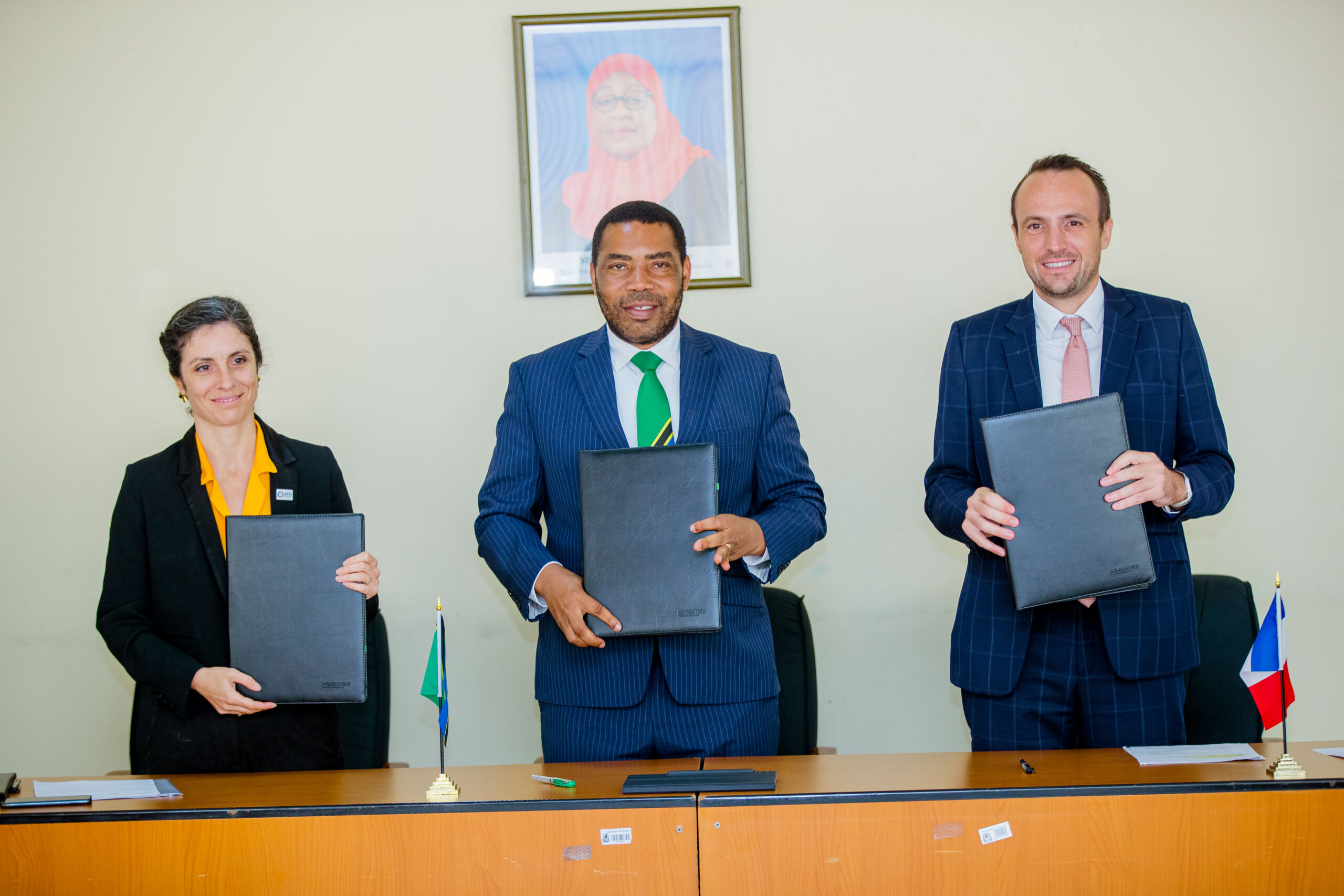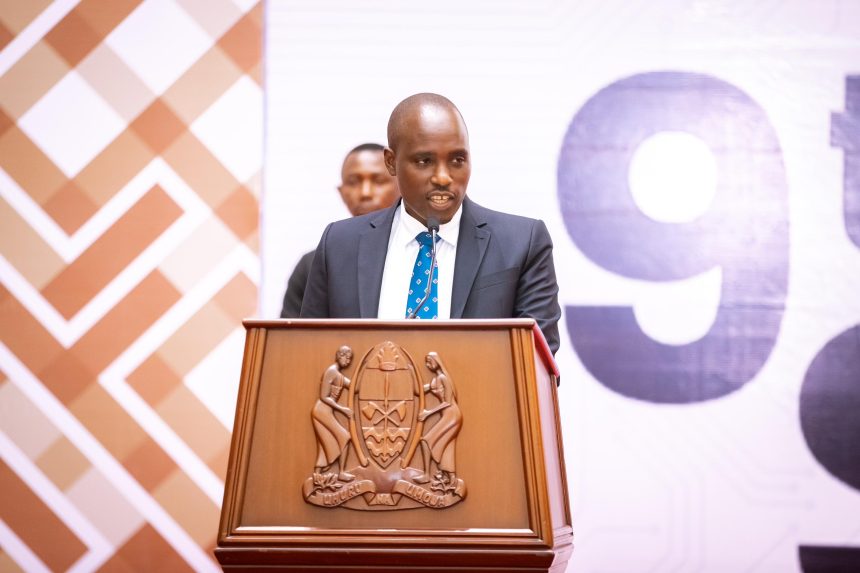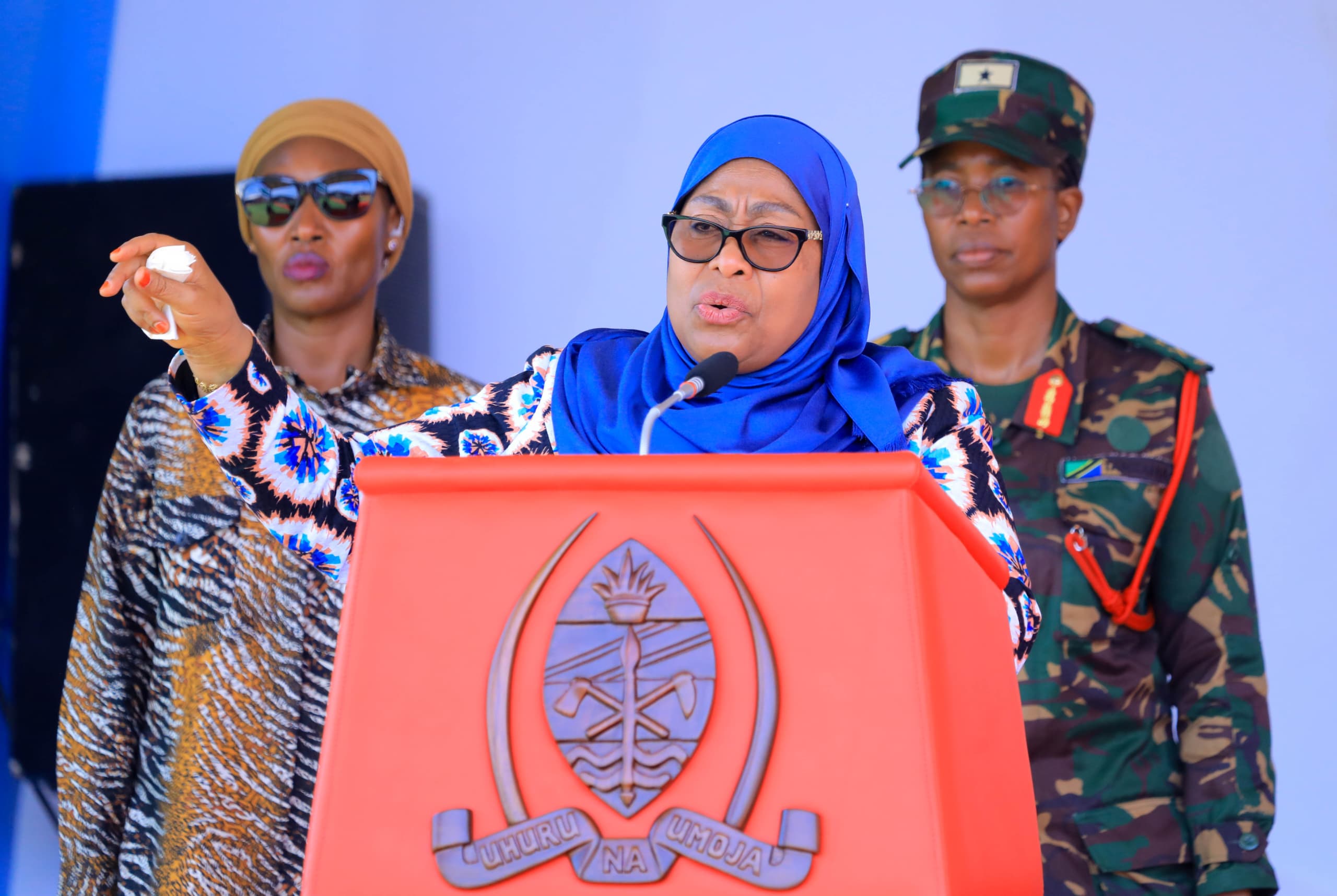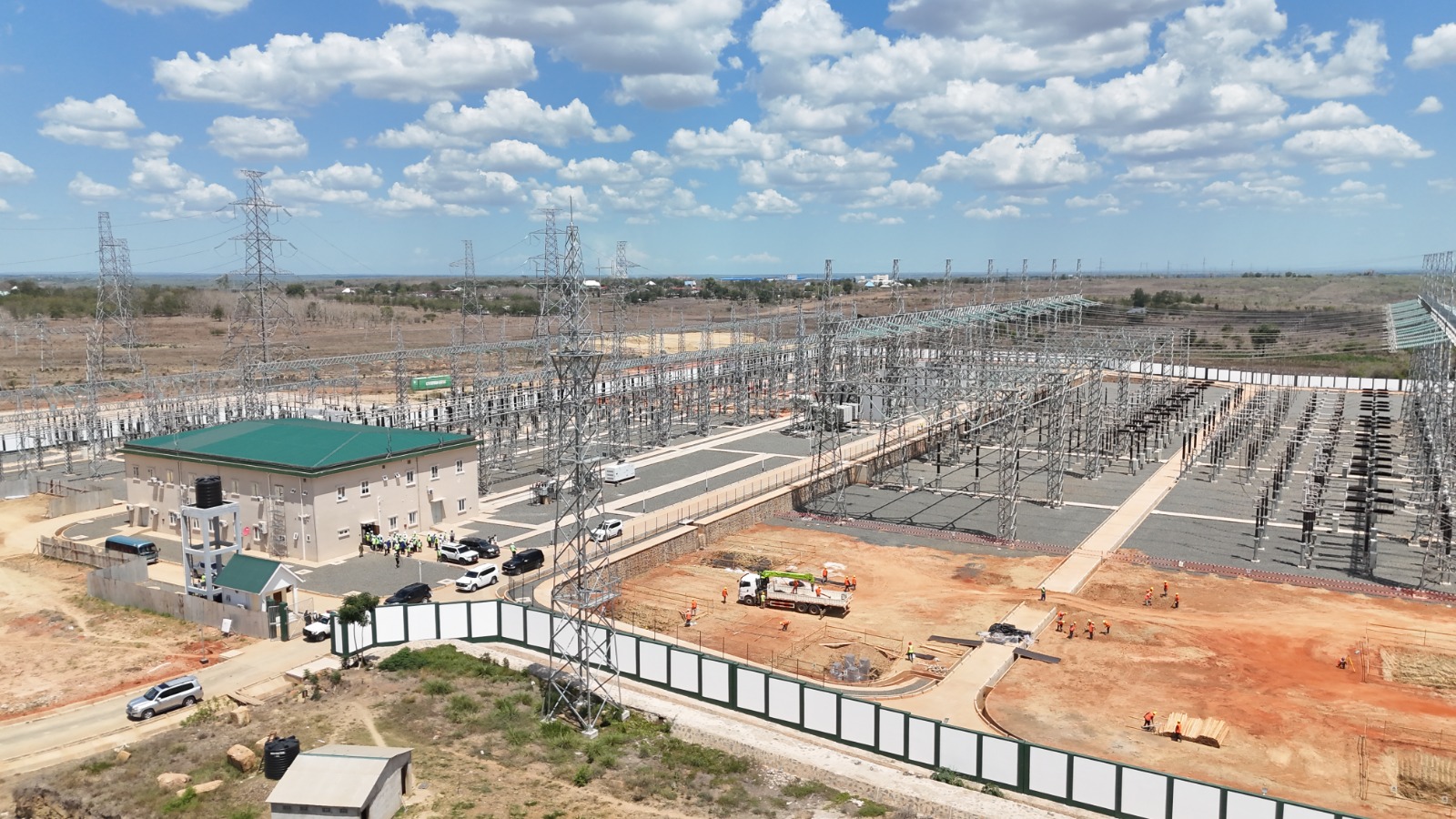Dodoma. The government is proposing to spend Sh340.5 billion in the 2025/26 financial year to strengthen Tanzania’s diplomatic footprint and implement key development projects under the ministry of Foreign Affairs and East African Cooperation.
Tabling budget estimates in Parliament on May 28 the minister for Foreign Affairs and East African Cooperation, Mr Mahmoud Thabit Kombo said the ministry plans to direct Sh294.9 billion towards recurrent expenditure and Sh45.5 billion for development initiatives.
He outlined ongoing efforts to improve the working environment for diplomatic staff, which include rehabilitation and construction of embassy buildings and residential premises abroad.
Notable achievements over the past year include the renovation of two buildings at the Tanzanian Embassy in Brussels, one building in Pretoria, and both the chancery and staff residences in London.
The ambassador’s residence in Kampala has also undergone renovation, with additional ongoing works at three buildings in Pretoria, one in Geneva, two in Kampala, and a former chancery on R-Street in Washington, DC.
“Domestically, the ministry is finalising the construction of a perimeter wall at the Tanzanian Embassy premises in Addis Ababa and the development of Wing A of the ministry’s headquarters in Mtumba, Dodoma,” Mr Kombo noted.
He added that the ministry is also overseeing the construction of six buildings for the African Court on Human and Peoples’ Rights in Arusha and nine lecture halls at the Dr Salim Ahmed Salim Centre for Foreign Relations in Dar es Salaam.
In an effort to promote sustainability and reduce reliance on government subventions, the ministry is implementing strategic property development projects abroad through alternative financing arrangements.
It has entered into a joint venture with the National Social Security Fund (NSSF) for the construction of a commercial building at the Tanzanian Embassy in Upper Hill, Nairobi.
A similar arrangement has been made with NSSF to build a 25-storey commercial tower at the Tanzanian Embassy in Kinshasa, Democratic Republic of Congo.
Mr Kombo also announced the successful acquisition of a permanent office building for the Tanzanian Embassy in Windhoek, Namibia, located at Erf 8040, Nachtigal Street, Khomas area.
This purchase is expected to save the government Sh437.5 million annually in rent.
“During the 2024/25 financial year, the ministry established two new embassies—one in Jakarta, Indonesia, and another for Tanzania’s Permanent Representation to the United Nations in Vienna, Austria, Mr Kombo said.
It also opened two consulates general in Lubumbashi (DR Congo) and Guangzhou (China), bringing Tanzania’s diplomatic network to 45 embassies and five consulates.
The ministry coordinated 90 high-level international visits by national leaders, which facilitated bilateral engagements and culminated in the signing of 161 agreements and memoranda of understanding across various sectors.
Tanzania also hosted 31 visiting heads of state and leaders of international and regional organisations, strengthening cooperation in areas of mutual interest.
For the 2025/26 financial year, the ministry’s priorities will be guided by national and international frameworks, including the 2024 edition of the 2001 Foreign Policy, Vision 2025, the Third Five-Year National Development Plan (2021/22–2025/26), the Zanzibar Development Plan (2021–2026), the CCM Election Manifesto 2020, and continental and global agendas such as the UN Agenda 2030, AU Agenda 2063, and the EAC and SADC long-term visions.
The key priorities for the coming financial year include strengthening coordination of bilateral and multilateral cooperation to safeguard national interests and deepen political diplomacy; overseeing the implementation of the revised 2001 Foreign Policy, with an emphasis on economic diplomacy through trade, investment and tourism promotion.
Other priorities are enhancing Tanzania’s influence in regional and international organisations on cross-cutting issues; participating in peace, security and stability efforts regionally and globally; and improving working conditions for staff, strengthening governance and human resources, and advancing institutional development projects.
Out of the Sh45.5 billion development budget, Sh10.26 billion has been allocated for the construction, renovation and acquisition of chancery and staff buildings abroad.
A further Sh34 billion will go to the construction of the African Court buildings in Arusha, while Sh1.28 billion will be used to complete the lecture halls at the Dr Salim Ahmed Salim Centre.
Mr Kombo called on the National Assembly to approve the proposed estimates to enable the ministry to execute its duties effectively in the next fiscal year.

